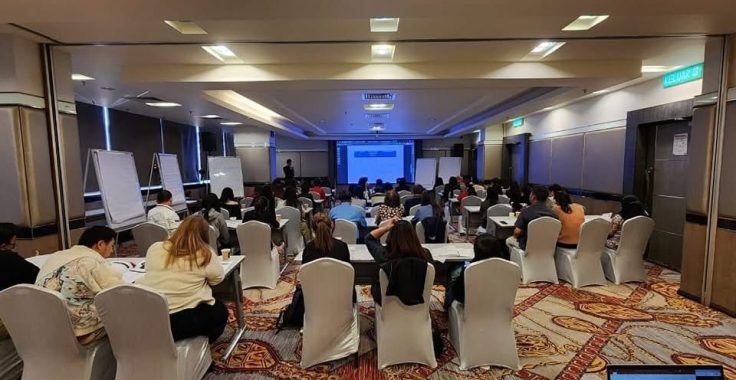
About Course
“The fee stated herein is for 3 days package of MTPD workshop”
Taxpayers in Malaysia who have controlled transactions (e.g., buy or sale of goods, providing or receiving services) with associated persons (e.g., group of companies, common directors, partners and spouse/relatives of directors/partners) require to prepare transfer pricing documentation (TPD). LHDN mentioned in the TPD Flowchart that for persons who only engage in domestic controlled transactions, they do not have to prepare a TPD if it can be proven that any adjustments made will not alter the total tax payable or tax suffered by the related persons. But LHDN may still challenge the transfer prices during tax audit and the taxpayers still require to prove the transfer prices are at arm’s length with supporting documents like pricing policy and comparative data.
W.e.f. 1/1/2021, penalty of RM20,000-RM100,000 if you cannot provide transfer pricing documentation (any taxable period) to LHDN upon request within 14 days. However, your business is allowed to prepare Minimum TP Documentation (MTPD), if business annual gross income below RM25 million, and total related party transactions not exceeding RM15 million per annum; or provision of financial assistance not exceeding RM50 million for non-financial institutions.
Brochure
— Course Fee: RM 1300.00 (Inclusive of 8% Service Tax) —
Student Ratings & Reviews
